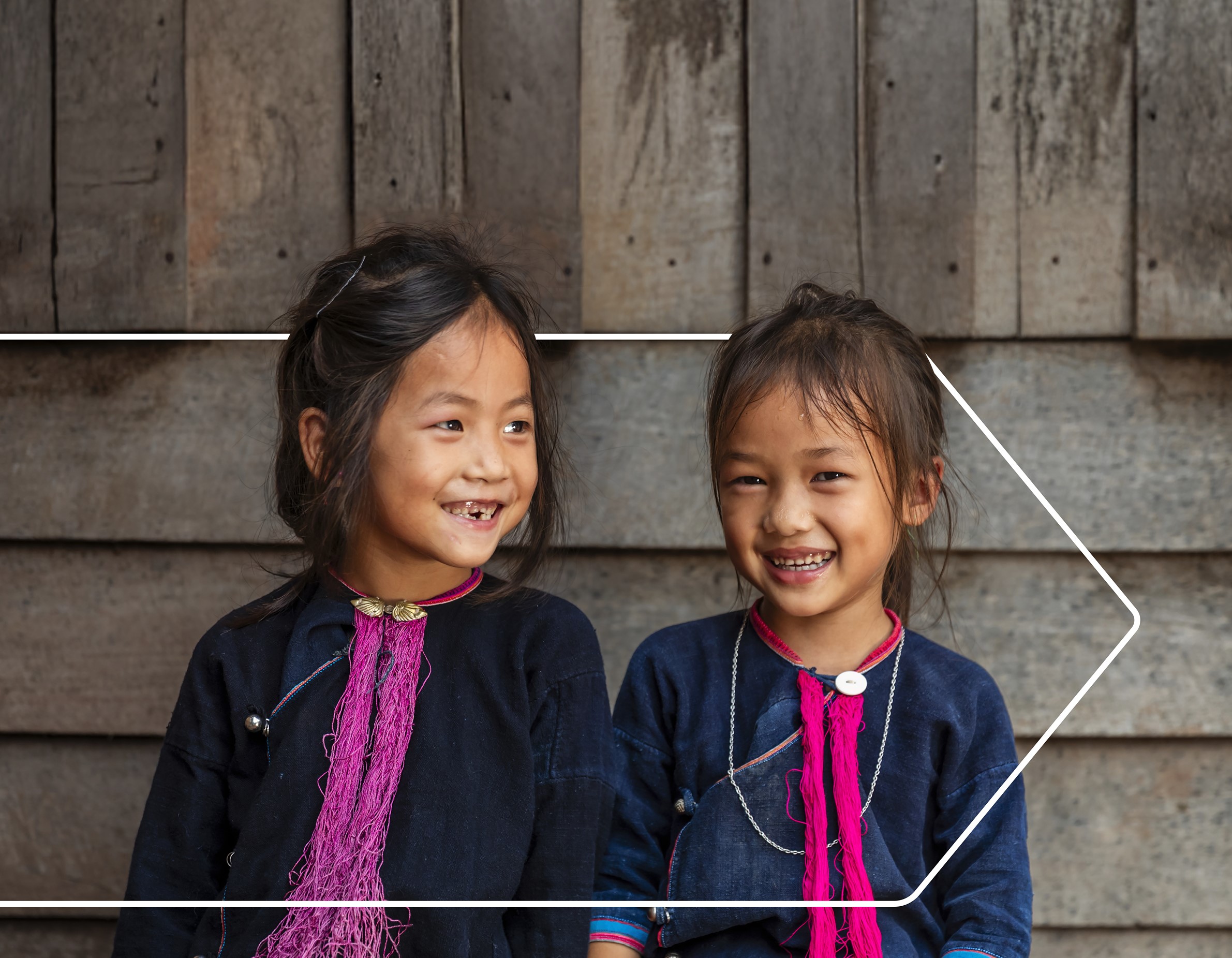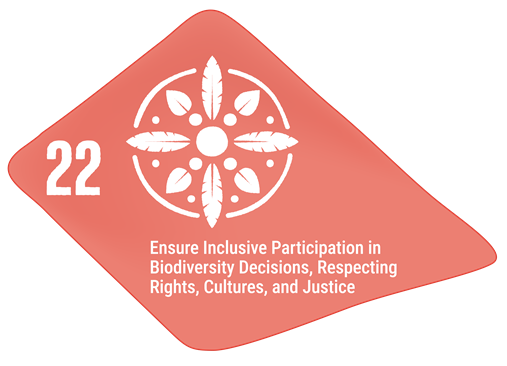 OHCHR
OHCHR
Human Rights Day --10 December 2024
Theme: Our rights, Our future, Right Now
Today we celebrate the anniversary of the Universal Declaration of Human Rights, a pillar of international human rights law. This Declaration remains our common foundation for preserving and promoting human dignity and fundamental freedoms.
International Human Rights Day reminds us of the importance of human rights in building more just, prosperous and equitable societies.
Human rights and the environment are intrinsically intertwined. Global species loss and degrading ecosystems are among the primary threats to food security, human health and livelihoods, undermining global peace and stability.
To respond to these crises, we must establish solid and coherent standards that reflect a diversity of visions, including those of indigenous peoples and local communities, women and youth. Though these groups play a crucial role in the conservation of biodiversity, they are often and disproportionally the most affected by their human rights violations.
The Kunming-Montreal Global Biodiversity Framework (KMGBF) calls for a human rights-based approach to guide its implementation. The Framework acknowledges the human right to a clean, healthy and sustainable environment, and its implementation will contribute to the fulfilment of that right.
The KMGBF calls for all to respect the rights of indigenous peoples and local communities, including their rights over their traditional knowledge, lands, territories and resources.
It also promotes gender equality and the empowerment of women and girls, as well as intergenerational equity. The Framework calls for access to justice and information related to biodiversity, participation of indigenous peoples and local communities, women and girls, children and youth, and persons with disabilities in decision-making. It aims to ensure the full protection of human rights defenders.
The recent decisions adopted at COP16 in Cali reflect a strong commitment towards promoting human rights within the context of the implementation of the KMGBF.
The establishment of the Subsidiary Body on Article 8 (j) and other provisions of the Convention marks a decisive step towards elevating the role of indigenous peoples and local communities and rights in relation to the implementation of the three objectives of the Convention.
The new Programme of Work on Article 8(j) and other provisions of the Convention related to indigenous peoples and local communities is founded on a human rights-based approach. The new programme of work includes specific tasks such as developing guidelines to enhance the contributions of indigenous peoples and local communities in conservation, supporting and securing land tenure including traditional land tenure and developing guidelines on the implementation of Target 22 of the KMGBF.
Just like the Universal Declaration of Human Rights and the treaties that stem from it, we must build on these advancements to further strengthen the central role that human rights play in our collective efforts towards halting biodiversity loss.
Together, we can and must make human rights a tangible reality grounded in dignity and justice. Human rights must be the driving force that transforms our aspirations into concrete actions, making this world a better place for everyone.
More information:
Kunming-Montreal Global Biodiversity Framework
Biodiversity is essential for sustainable development and human well-being
Related Targets in The Kunming-Montreal Global Biodiversity Framework
Ensure the full, equitable, inclusive, effective and gender-responsive representation and participation in decision-making, and access to justice and information related to biodiversity by indigenous peoples and local communities, respecting their cultures and their rights over lands, territories, resources, and traditional knowledge, as well as by women and girls, children and youth, and persons with disabilities and ensure the full protection of environmental human rights defenders.
Why is this target important?
ndigenous peoples and local communities have a cultural and holistic understanding of nature based on their traditional knowledge, practices and innovation. This information and understanding of biodiversity in turn play a crucial role in the conservation and sustainable use of biodiversity. The insights of indigenous and local communities on local ecosystems play a fundamental role in developing conservation initiatives that integrate cultural values and traditional governance systems, including sustainable use such as resource management techniques, traditional hunting and fishing, and elective harvesting. Further, their lands encompass diverse ecosystems, ranging from forests and wetlands to mountains and coastal areas with high concentrations of biodiversity and often promote sustainable land use, including agroforestry, rotational farming and community-based conservation management systems. Involving indigenous peoples and local communities in biodiversity conservation and the recognition of their perspectives and expertise can contribute to the development of context-specific and effective conservation strategies.
The target also recognizes the importance of meaningful participation of women and girls, as well as the inclusion of children, youth and persons with disabilities, in promoting social equity and empowering these groups to actively contribute to biodiversity conservation. It also highlights the need to protect environmental human rights defenders as they are at the forefront of protecting biodiversity by monitoring and exposing environmental violations, promoting sustainable practices and advocating for a human rights-based approach to conservation efforts.
Links to other elements of the KMGBF, and other Frameworks and processes
- Actions to reach Target 22 should take into account the considerations for implementation identified in section C of the Kunming-Montreal Global Biodiversity Framework.
- Progress towards Target 22 will directly support the attainment of all goals and targets. However, progress towards this target is particularly relevant for the achievement of targets 1, 3, 5, 9, 13, 21 and 23. Conversely, progress towards targets 21 and 23 will support progress towards this target.
- Target 22 addresses issues that were also addressed by Aichi Biodiversity Target 18.
- Elements of Target 22 are also addressed in the targets of the Sustainable Development Goals, including targets 1.4, 5.5, 5.a, 10.2, 10.3, 16.3, 16.7, and 16.10.
